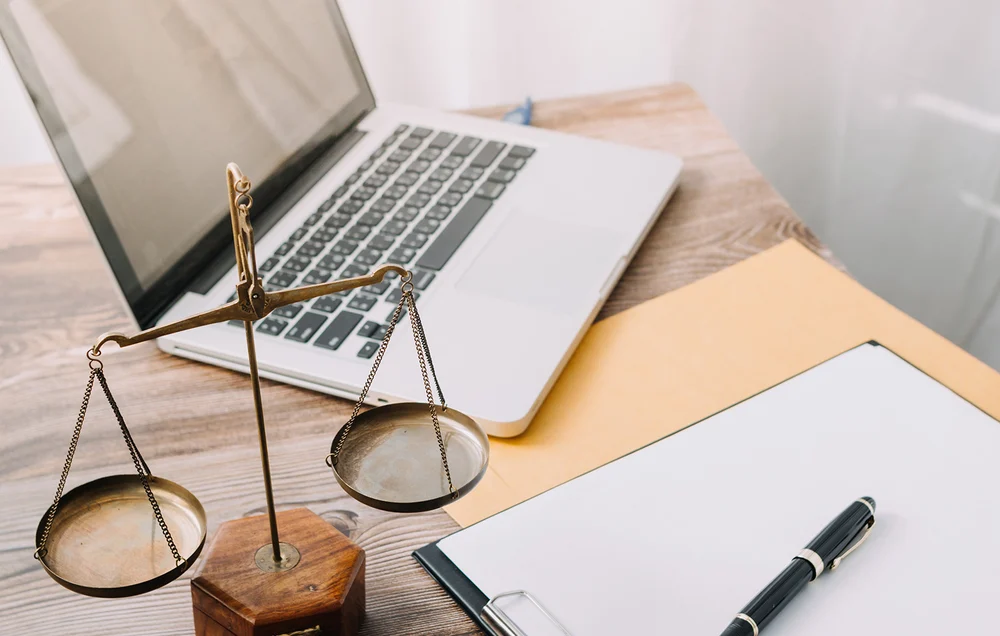The landscape of legal evidence has evolved significantly with the digital revolution. Electronic communication platforms, like Slack, have become critical repositories of data that can be used as evidence in legal proceedings. This article will explore how Slack data can be used as evidence in U.S. courts and the legal considerations surrounding its use.
Slack: A Treasure Trove of Data
Slack is a widely used platform for business communication, hosting numerous work-related discussions daily. It contains not just text messages, but also files, links, and a wealth of metadata – data about data, like timestamps and user IDs. This makes Slack an incredibly rich source of potential evidence in legal cases.
Admissibility of Slack Data
To be admissible in a U.S. court, the evidence must be relevant, authentic, and obtained legally. Furthermore, its probative value must outweigh any prejudicial effect.
Slack data can meet these requirements. Conversations held on Slack can be relevant to a case, showing, for example, employee behavior or company practices. To authenticate Slack data, one might show that it came from a specific person’s account and was created at a certain time, corroborated by Slack’s metadata. This can also be achieved using Slack retention software.
Electronic Discovery and Slack Data
In legal proceedings, the discovery process allows parties to obtain evidence from each other. With the rise of digital communication, this has expanded to include electronic discovery (e-discovery), encompassing electronically stored information (ESI).
Slack data falls under ESI, and thus, can be subject to discovery requests. If a party believes that relevant information is contained within Slack communications, they can request the data during discovery.
However, navigating e-discovery with Slack data can be complex. The sheer volume of data, combined with the need to separate relevant information from the irrelevant, can make this process challenging and potentially costly. Furthermore, privacy considerations must be taken into account, ensuring only necessary data is disclosed and used.
Preservation of Slack Data
The duty to preserve potentially relevant evidence is a fundamental part of U.S. law. Once litigation is reasonably anticipated, parties must ensure pertinent data is not deleted.
For Slack data, this could mean preserving entire Slack workspaces or specific channels. Slack offers different options for data retention, including the ability to retain all messages or to set custom retention policies. However, companies must balance data preservation for legal purposes with privacy considerations and data storage costs.
Privacy and Slack Data
Privacy is a crucial concern when dealing with Slack data as evidence. In the U.S., numerous laws protect personal information, like the Stored Communications Act (SCA) and state-specific privacy laws.
Before using Slack data as evidence, it’s essential to ensure compliance with these laws. Generally, this means obtaining valid consent from the parties involved before accessing their private messages. Additionally, only data pertinent to the case should be used, minimizing privacy intrusions.
Considerations for Companies
Considering the potential use of Slack data in legal proceedings, companies should implement clear policies around Slack use. Employees should be made aware that their communications may be subject to review and could potentially be used in court. Clear data retention policies should also be established, balancing the need for potential evidence preservation against privacy and cost considerations.
Moreover, companies should consider consulting with legal and tech experts to navigate e-discovery effectively. Specialized e-discovery tools and services can help manage and analyze large volumes of Slack data, making the process more efficient and less daunting.

